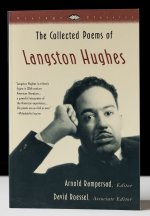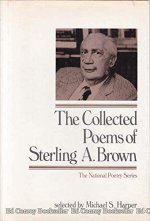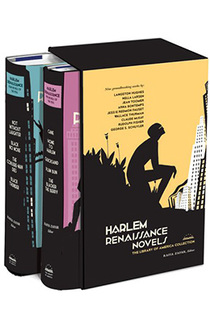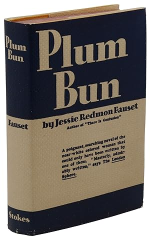Patrick Murtha
Reader
Even though I personally am not much of a “joiner”, I am captivated by literary and cultural circles and have an enormous file on them. If pressed to name my favorite, I would have to say the Harlem Renaissance. What a surge was there! And reading about the personality clashes and realignments, as with any such group, is extremely interesting.
This book by Steven Watson is an excellent introduction. (He wrote another good book in the same series, The Birth of the Beat Generation.)
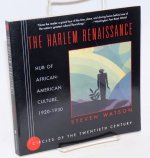
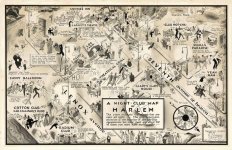
This book by Steven Watson is an excellent introduction. (He wrote another good book in the same series, The Birth of the Beat Generation.)



